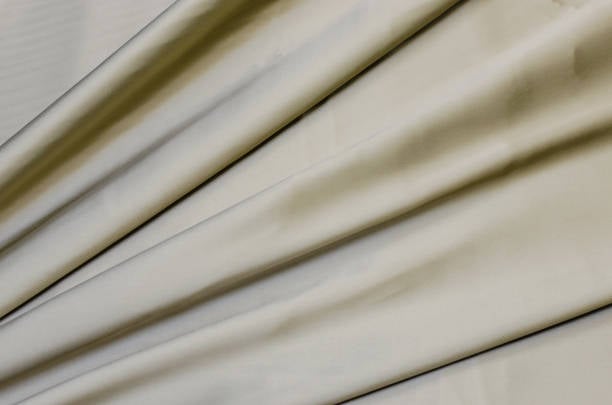Table of Contents

Introduction
Chiffon fabric is a lightweight and sheer textile that is commonly used in the fashion industry for creating elegant and flowy garments. Its delicate and luxurious appearance makes it a popular choice for evening gowns, wedding dresses, and other formal attire. However, like any other fabric, chiffon has its own set of advantages and disadvantages. In this article, we will explore the various pros and cons of chiffon fabric, helping you make an informed decision when choosing this fabric for your next project.
Advantage 1: Sheer Elegance
One of the most significant advantages of chiffon fabric is its sheer and ethereal appearance. The delicate and translucent nature of chiffon creates an elegant and romantic look, making it an ideal choice for formal occasions. Whether it is the flowing layers of a wedding gown or the billowing sleeves of a blouse, chiffon fabric adds a touch of sophistication to any garment.
Advantage 2: Lightweight and Breathable
Chiffon fabric is exceptionally lightweight and breathable, making it perfect for warm weather or outdoor events. The loosely woven fibers allow air to circulate freely, preventing the wearer from feeling hot and sweaty. This makes chiffon an excellent choice for summer dresses, skirts, and tops, providing comfort and style even in the scorching heat.
Advantage 3: Versatility
Chiffon fabric is known for its versatility, as it can be easily dyed or printed with various patterns, colors, and designs. This allows designers and fashion enthusiasts to get creative and experiment with different looks. Whether you prefer bold and vibrant prints or subtle pastel shades, chiffon can be customized to suit your style and preferences.
Advantage 4: Draping Effect
Due to its lightweight and flowy nature, chiffon fabric drapes beautifully and creates a flattering silhouette. It effortlessly cascades over the body, enhancing the curves and adding a touch of femininity to any outfit. Whether you want to create a stunning evening gown or a simple yet elegant scarf, chiffon fabric can be manipulated to achieve the desired draping effect.
Advantage 5: Easy to Care for
Another advantage of chiffon fabric is its easy maintenance. Unlike some delicate fabrics that require special care, chiffon can be easily washed and dried at home. Most chiffon garments can be machine washed on a gentle cycle or hand washed using mild detergent. Additionally, chiffon fabric is relatively wrinkle-resistant, saving you time and effort on ironing.
Disadvantage 1: Delicacy and Fragility
While chiffon fabric offers numerous advantages, it is essential to be aware of its delicate and fragile nature. The lightweight and sheer quality of chiffon make it prone to snags, tears, and damage. It is crucial to handle chiffon fabric with care, avoiding sharp objects or rough surfaces that could potentially cause harm.
Disadvantage 2: Prone to Wrinkling
Although chiffon fabric is relatively wrinkle-resistant, it is not entirely immune to wrinkles. If not stored or handled properly, chiffon garments can develop creases and wrinkles. It is advisable to hang chiffon clothing or fold them gently to minimize the risk of wrinkling. Additionally, using a steamer or iron on low heat can help remove any wrinkles that may occur.
Disadvantage 3: Transparency
While the sheer quality of chiffon fabric is one of its advantages, it can also be a disadvantage for some. The transparency of chiffon makes it necessary to layer the fabric or wear appropriate undergarments to maintain modesty. This can limit the versatility of chiffon garments, especially for those who prefer more coverage or modesty in their clothing choices.
Disadvantage 4: Limited Stretch
Chiffon fabric is not known for its stretchability. It has limited elasticity, which can restrict movement and comfort. This can be a disadvantage for individuals looking for more flexible and stretchy fabrics. However, chiffon can be combined with other stretch fabrics or incorporated into loose-fitting designs to overcome this limitation.
Conclusion
Chiffon fabric offers a range of advantages and disadvantages, making it a suitable choice for specific applications. Its sheer elegance, lightweight nature, and versatility make it a favorite among designers and fashion enthusiasts. However, its delicacy, proneness to wrinkling, transparency, and limited stretch should also be considered. By understanding the pros and cons of chiffon fabric, you can make an informed decision and create stunning garments that suit your style and preferences.
